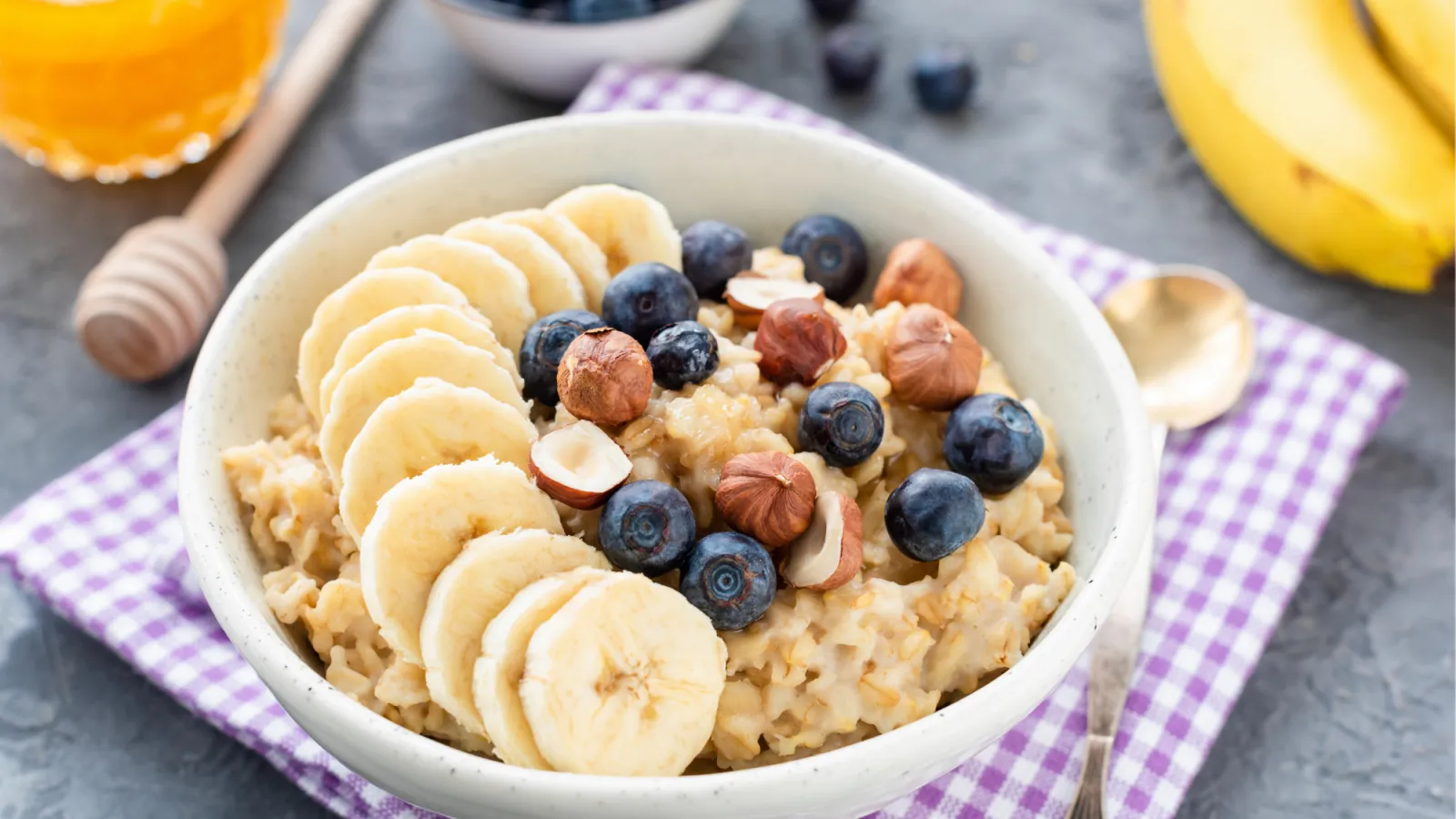
Fueling Your Best Race: Nutrition Strategies for the Publix Atlanta Marathon & Half Marathon
Whether you are tackling the Publix Atlanta Marathon or Half Marathon for the first time or aiming for a personal best, nutrition is critical to your training and race day success.
Proper fueling and hydration can help you perform, recover and feel your best.
While individual needs vary, and runners should adapt based on their personal preferences and goals, this article provides a strategy to optimize your training, performance recovery and race day experience.
Pre-Run: Fuel Up for Success
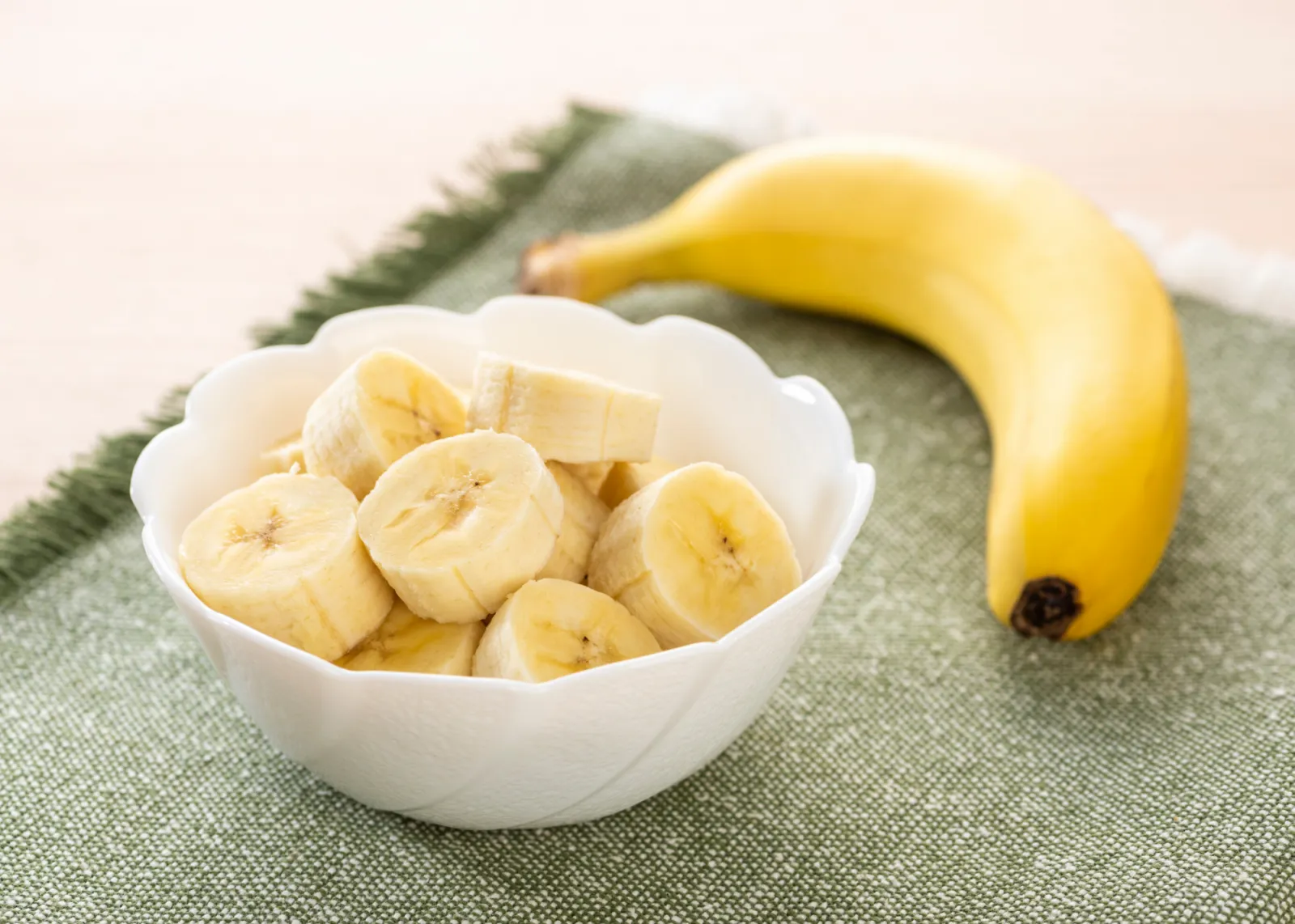
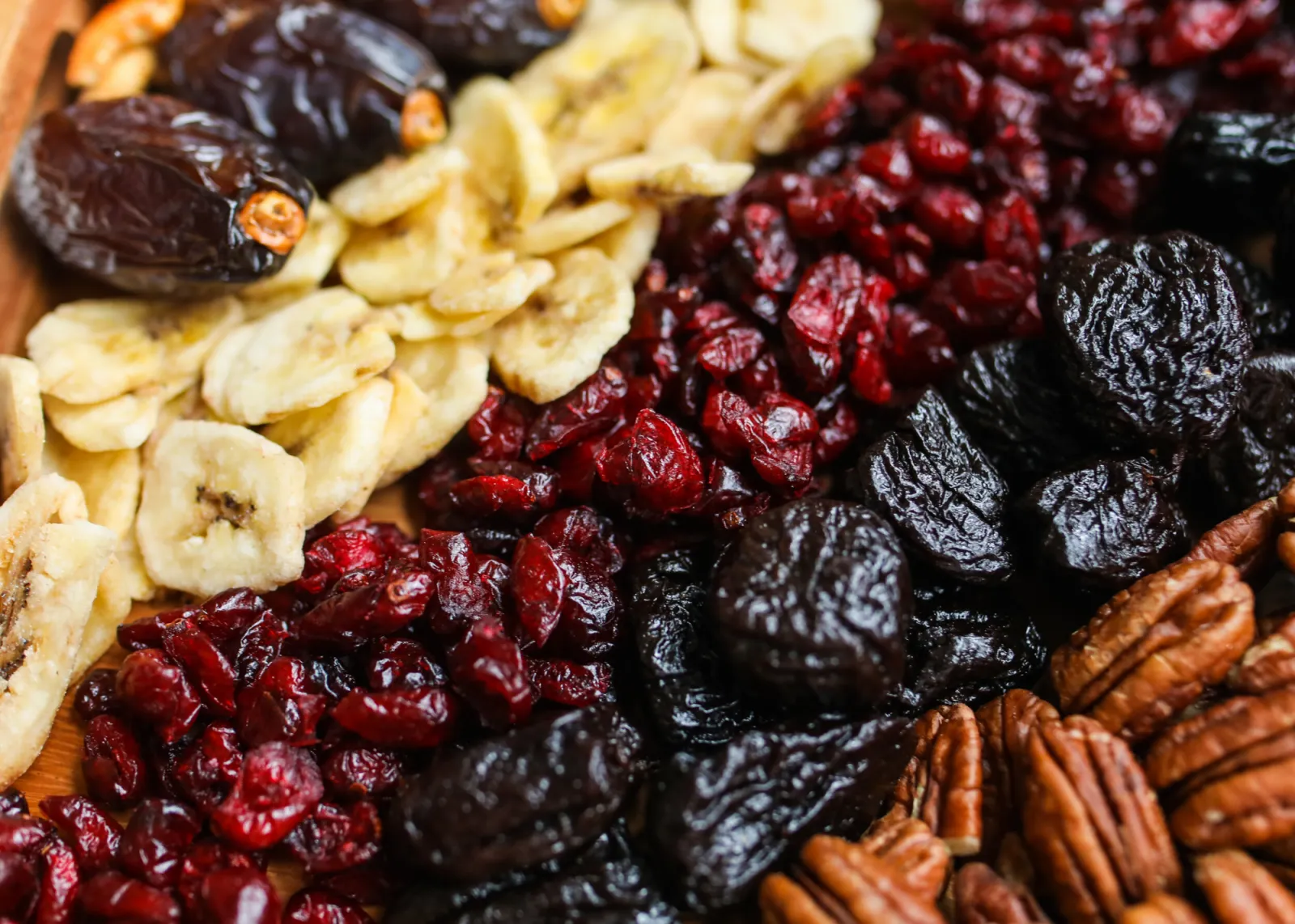
Why eat before you run?
Carbohydrates are your body's preferred fuel source for exercise, especially for longer runs. Eating a carb-rich meal or snack before running improves endurance, delays fatigue and prevents muscle breakdown.
If you run first thing in the morning or it's been hours since your last meal, fuel up with simple, quick-digesting carbs. Limit fat and fiber, which can cause stomach discomfort.
High Carb Pre-Run Foods:
- A banana, or your favorite fruit
- Dried fruit such as raisins, apricots, dates
- Granola bar made with oats, grains and/or dried fruit (Clif, Lara, Bobos)
- Oatmeal or low-fiber dry cereal
- Waffle or Pop-Tart
- English muffin, toast or bagel
- Pretzels or crackers
- Fig bar or fig cookies
- Fruit leathers or fruit snacks
- Apple sauce or pureed fruit
- Sports drink, like Powerade
- Sports product, such as chews or gels
How much should you eat?
For shorter runs, a small snack may suffice, but longer runs (90+ minutes) and race day require more fuel. Depending on timing, consume 1 gram of carb per kg body weight (1 hour prior) to 4 grams of carbs per kg body weight (4 hours prior).
Additional considerations:
Pre-run fueling is personal, so start small if you're used to running on an empty stomach. Try a ripe banana, apple sauce or a graham cracker. Choose dried fruit like raisins instead of fresh fruit like grapes, and consider liquids like juice or sports drinks if solid food feels too heavy. If eating farther out from your run, add a small carb-rich snack 30 minutes before starting. Practice during training to find what works best for you and stick with that plan on race day.
Mid-Run: Stay Fueled to Finish Strong
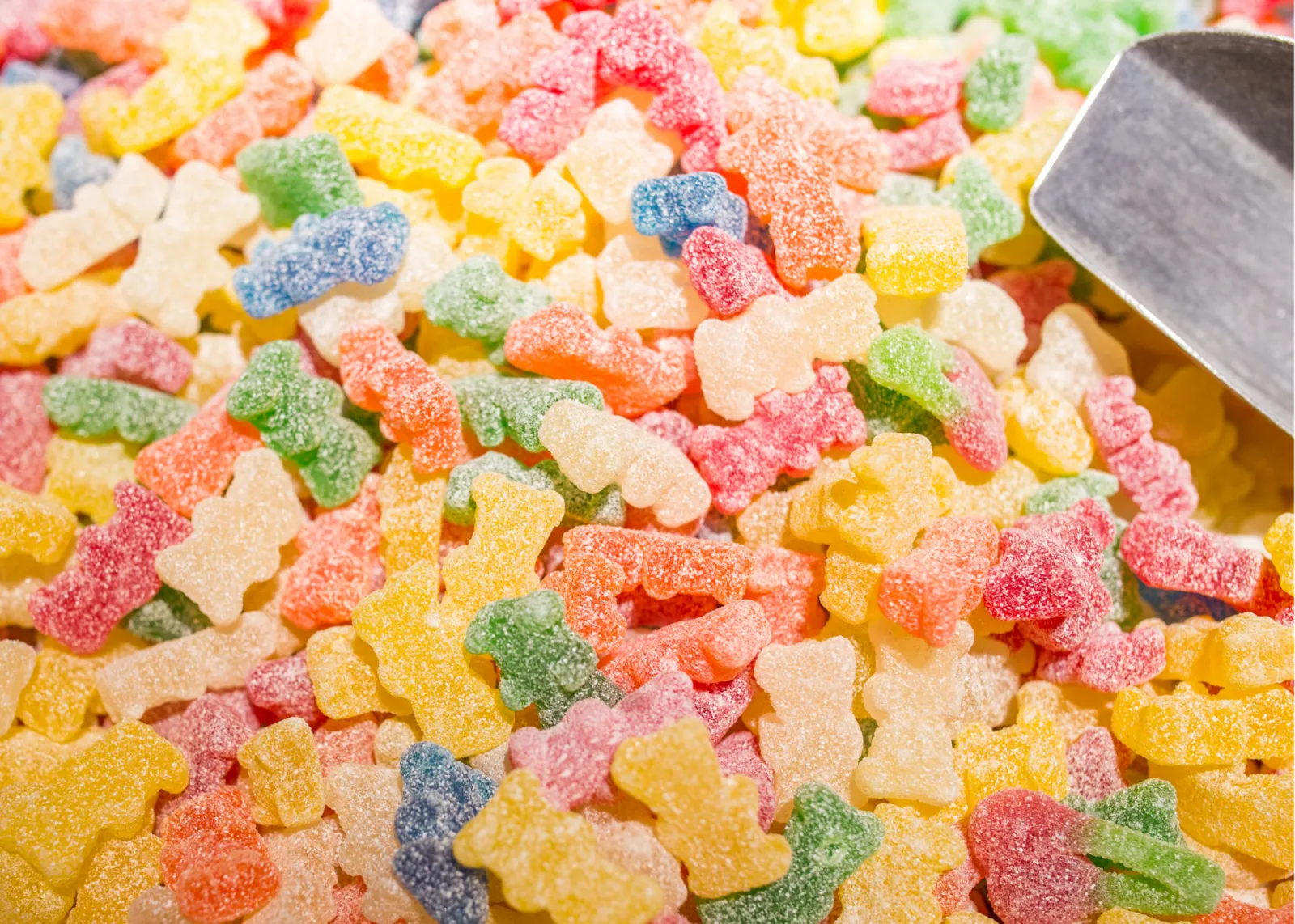
Why fuel during long runs?
As you ramp up your mileage, it is also vital to ramp up your nutrition. For runs over an hour, especially 90+ minutes, your body needs additional carbs to maintain energy and delay fatigue. It's essential to fuel not just before but also during your run so you can keep going after muscle glycogen (the storage form of carbs) is depleted.
Sugar (the simplest form of carbohydrate) is the optimal mid-run fuel source because it is absorbed rapidly and easily used by your body for energy. Most runners should aim to take in 30 to 60 grams of carbs per hour of running.
Specialty sports products, like gels, chews and beans, are designed to provide these needed carbs in a convenient form. Some also contain electrolytes (sodium and potassium), amino acids and/or caffeine, which offer additional benefits.
Recent science suggests that our bodies can absorb and use up to 90 grams of carbs per hour, as long as it comes from a combination of sugars that utilize different metabolic pathways. Some of the newer fueling products, such as Maurten 160 and SIS Beta Fuel, are designed to do just that. These, along with the more traditional sugar-based products from brands like GU, Honey Stinger and Clif Bar, can be ordered online or found at your local running specialty store. You should test out different options and find your favorites before ordering in bulk.
If you prefer to go the whole foods route, dried fruit like raisins, apricots, pretzels or even candy are good options. Some hydration formulas also contain carbs, such as Powerade, Skratch, and Tailwind (while others provide electrolytes only, such as Nuun or LMNT, and should be used for hydration only, not fueling).
If you have trouble tolerating simple sugars or are sensitive to blood glucose spikes, consider trying one of the following:
- Ucan - delivers carbs in the form of resistant starch for a slower release of energy
- HUMA - contains fiber from chia seeds to slow down digestion and absorption
- Maurten - uses different types of sugars and packages them in a unique hydrogel for more sustained energy delivery
The carb content of different sports products, liquids and foods varies, and you will need to take this into account when planning how much and how often to fuel on your long runs.
Taking in fuel consistently during long runs is essential to maintaining blood sugar levels, providing energy to working muscles, and preventing hitting the wall. A simple guideline is to aim for one gel or its carb equivalent—every 30 to 45 minutes. Since fueling is based on time, not distance, longer runs require more fuel. For example, a two-hour half marathoner should plan for 2 to 3 gels (or carb equivalents), while a four-hour marathoner will need 5 to 7.
Individual tolerance to eating on the run varies greatly. Experiment with the timing and type of fuel (liquid vs. solid, everyday foods vs. specialized sports products, traditional vs. high-carb) to figure out what works best for you. It might take some trial and error, but your body will thank you on race day!
Post-Run: Refuel and Recover
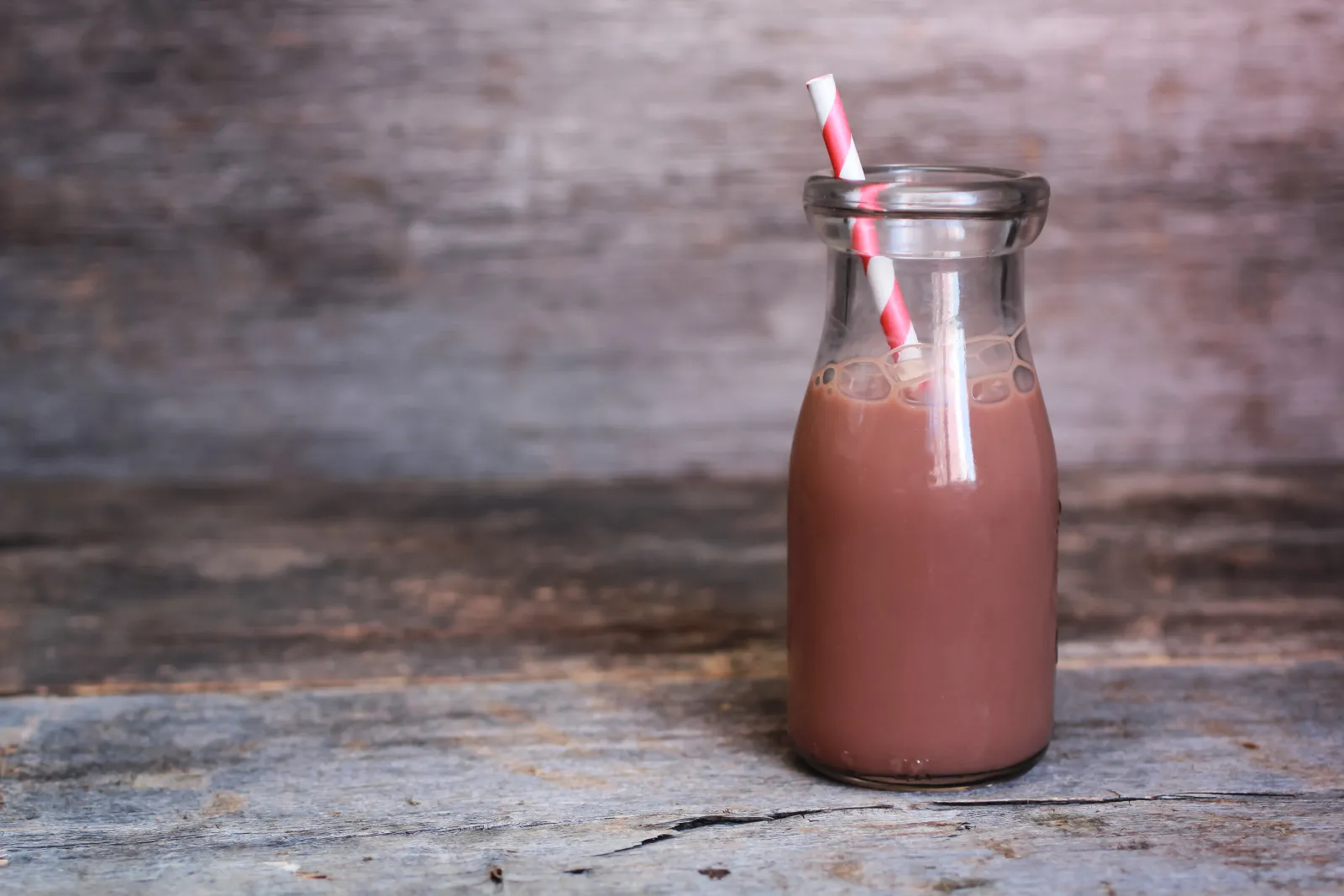
Provide your body with nutrition after running to recover. Shortly after your run, make sure to refuel with a meal or snack that provides both carbohydrates (to replenish energy stores) and protein (for muscle repair and rebuilding).
If you can fit in a full meal within an hour of finishing your run, try one of the nutritionally-balanced options below:
- Breakfast: Veggie and cheese omelet or tofu scramble with an English muffin and an orange
- Lunch: Turkey or tuna sandwich with lettuce and tomato on whole wheat bread, plus a side of grapes
- Dinner: Stir fry with chicken or tofu, brown rice and mixed veggies in marinade of choice
If it's going to be several hours until your next meal, try one of the carb/protein snack combos below:
- Greek yogurt + berries and granola
- Cottage cheese + pineapple or melon
- Apple + string cheese
- Grapes + hard-boiled eggs
- Smoothie made with protein powder + fruit
- Banana + a protein bar
When you're really short on time, a glass of chocolate milk is a quick (and delicious) way to replenish carbs, protein and fluids.
Hydration: Stay Ahead of Thirst
Hydration is crucial before, during and after running to optimize your health and performance. Sweat rates and hydration needs vary widely by individual and are influenced by conditions such as heat, humidity and altitude. These are basic guidelines to get started:
- Drink 8-16 ounces of fluid in the hour before running.
- Sip fluids every 15 to 20 minutes during your run (4 ounces or a few big gulps).
- Consider investing in a handheld bottle, waist pack or vest to carry your fluids. Alternatively, plan routes with frequent access to water fountains, a store you can pop into to buy a beverage and/or stash fluids along the way beforehand.
- On race day, take advantage of the fluids on course.
- Water is typically sufficient for runs lasting less than one hour. For runs over an hour and especially with greater heat/humidity, you will likely need a sports drink to replenish both fluids and electrolytes (mainly sodium), especially if you are a "salty" sweater.
- For runs over an hour—especially in hot or humid conditions—sports drinks with electrolytes and sodium are recommended, particularly if you're a "salty" sweater.
- Choose hydration mixes based on your needs: some provide electrolytes only (Nuun, LMNT, Powerade Zero), while others include carbs (Skratch, Tailwind, Powerade).
- After running, replenish sweat losses promptly (1 pound lost = 16 ounces of fluid) and hydrate consistently throughout the day.
- Monitor your hydration by checking the color of your urine. Aim for a light lemonade color, not dark like iced tea.
- Outside of running, aim for at least eight 8-ounce glasses of water per day, or about 2 liters total.
The Takeaway:
Dialing in on nutrition and hydration can help you train smarter, recover faster and perform better on race day. There's no one-size-fits-all approach, so experiment to figure out what works best for you. For more individualized support, consider working with a registered dietitian who specializes in sports nutrition to develop a fueling plan tailored to your unique needs and goals.
About the Author
Alissa is an Atlanta-based registered dietitian nutritionist, certified personal trainer and avid runner with over 10 years of experience helping people optimize their health and athletic performance through nutrition. Alissa offers virtual and in-person nutrition consultations, meal planning services and metabolic testing. Learn more at https://alissapalladinonutrition.squarespace.com or contact her at apalladinordn@gmail.com

